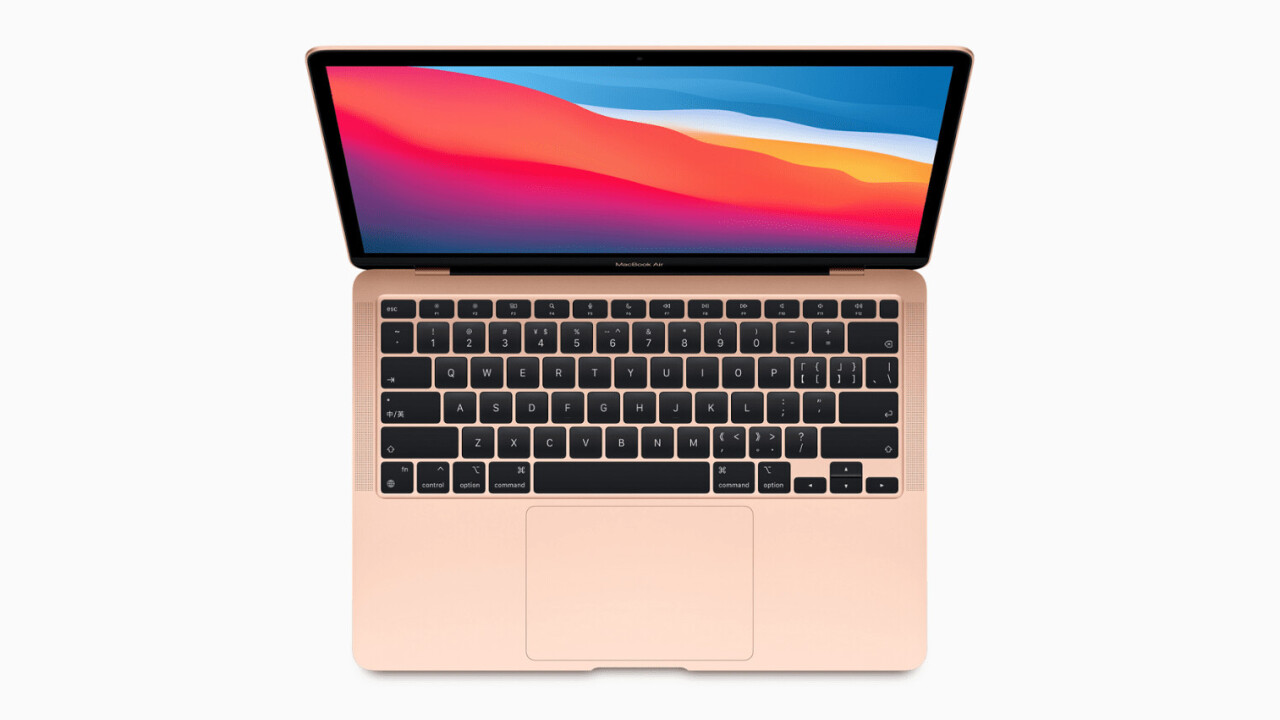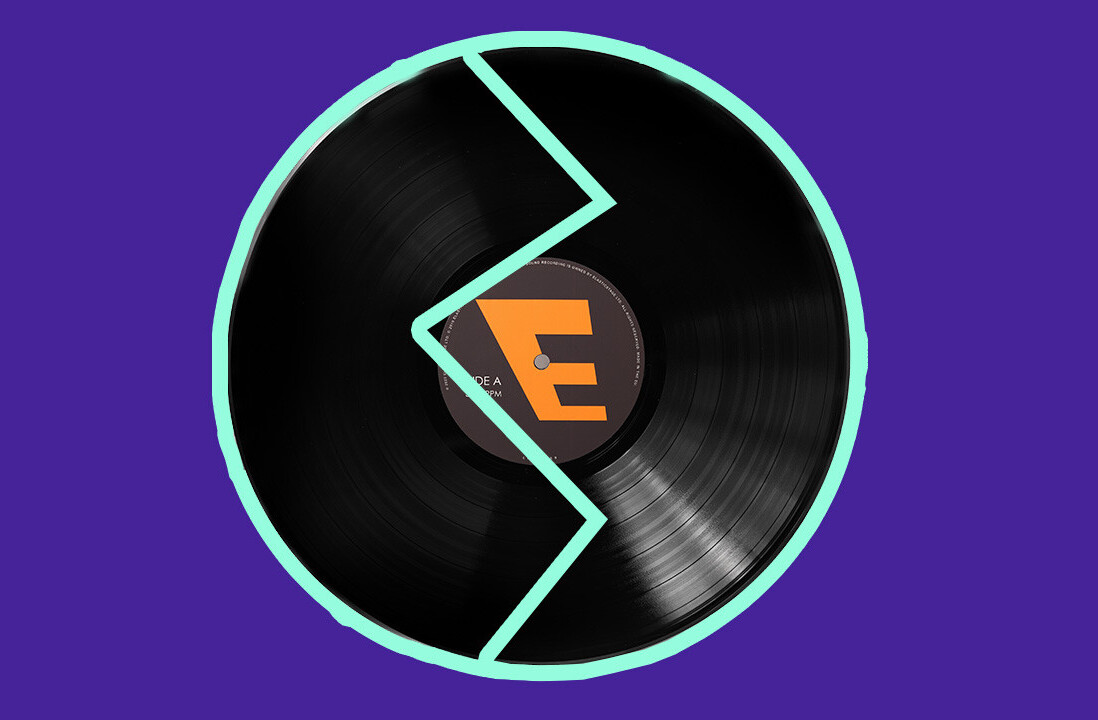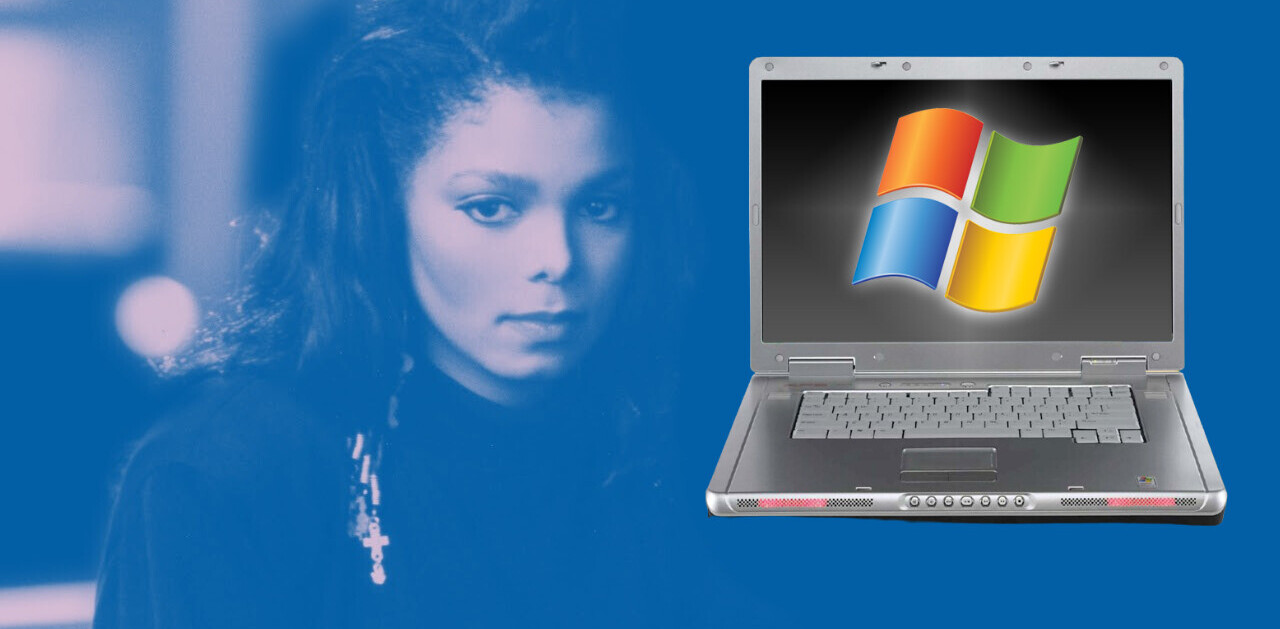
Apple’s had a busy year. After separate events for the new iPads and iPhones the past couple of months, the company today revealed the first of its long-awaited ARM-based Macs, including a new MacBook Air.
Featuring the new M1 chip, designed for thin and light devices (obviously), Apple promises up to 3.5 times faster CPU performance and 5x graphics performance over the previous generation. It achieves this performance without a fan, ensuring the device is completely silent.
The laptop can also allegedly run for 15 hours of wireless web browsing or 18 hours of video — 6 hours longer than before. And because it’s 2020, Apple says it can last twice as long on video calls too.
In all, Apple says the new MacBook Air is faster than “98 percent” of PC laptops sold today, and at first glance, these seem like impressive gains indeed. But the company was woefully shy on specifics, notably not specifying whether these laptops were also in the same price range. Cheap Chromebooks and Windows laptops dominate the market, after all.

It’s also worth noting that these performance claims are likely referring to apps optimized for ARM rather than those created for Intel processors. It’ll take a while before all the apps people need to get work done make the transition.
Granted, Apple has enough clout that developers will likely be faster at making the switch to ARM than they have been for Windows, and once that happens, Apple’s claims may indeed be more realistic. It’s just worth noting that being an early adopter may not net you the performance gains Apple appears to be promising right away; we’ll have to wait for benchmarks and real-world use to know how much of a difference ARM really makes at the outset. On the plus side, you will be able to run iOS apps on your laptop, so that does open up a world of software.
Otherwise, it seems to be the same as the existing MacBook Air, and Apple even retains the headphone jack. The laptop can be pre-ordered starting today for $999, and it will be available starting next week.
Get the TNW newsletter
Get the most important tech news in your inbox each week.





